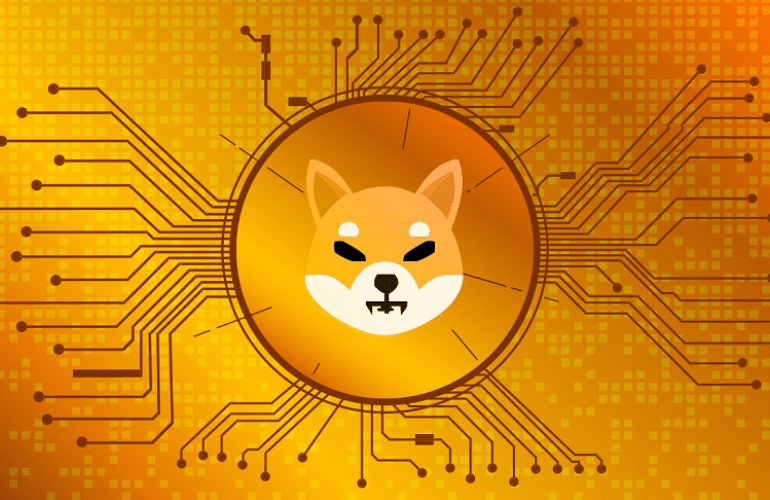Allegations have arisen that over 90% of Solana validators receive significant subsidies from the Solana Foundation and Alameda Research, raising concerns about network decentralization and transparency.
Key Points
- Allegations suggest over 90% of Solana validators receive substantial subsidies from the Solana Foundation and Alameda Research.
- The degree of subsidization is believed to negatively impact SOL prices in the long run.
- Solana’s network consists of 1,997 validators; 1,818 of them reportedly have delegations from the mentioned entities.
- Out of 106 million SOL delegated, 73 million are from the Solana Foundation, while 33 million are from Alameda Research.
A recent revelation by an analyst on platform X, named arixon.eth, has triggered controversy in the Solana community.
The user claims that a whopping 90% of Solana‘s validators benefit from heavy subsidization by the Solana Foundation and Alameda Research.
The latter, interestingly, is the now-defunct trading wing linked with the bankrupt cryptocurrency exchange, FTX.
Did you know that 90% of validators on Solana are subsidised by Alameda and the Solana Foundation?
I did some analysis on the subject and the data shocked me.
— arixon.eth 🦇🔊 (@arixoneth) October 3, 2023
The Solana Stance
Solana, often seen as Ethereum’s competitor, integrates proof-of-stake (PoS) and proof-of-history (PoH) for consensus.
Validators, holding a pivotal role in this setup, validate and add transactions to the blockchain, ensuring its security and decentralized nature. The stake of SOL determines a node’s voting power, with rewards in SOL granted for block validation.
However, here’s where the controversy deepens. With 1,997 Solana validators active currently, 1,818 have reportedly obtained delegations from the Solana Foundation and Alameda Research.
Delving into numbers, of the 106 million SOL that validators have delegated, 73 million are traced back to the Solana Foundation and 33 million to Alameda Research.
Arixon.eth argues that without such extensive incentivization, the number of Solana nodes and validators would be significantly less.
He further adds that the majority of Solana’s nodes are active mainly because of these “centralized entities providing free money” to node operators.
This setup, according to him, also offers the Solana Foundation an undue advantage, potentially pressuring node operators, especially if they risk losing their stake.
In a swift response to these serious allegations, Solana’s Co-founder, Anatoly Yakovenko, clarified that it’s the nodes and their respective votes that secure the network, rather than their individual stakes.
By highlighting the importance of online votes, he emphasized that network security and stability hinge upon collective validation rather than on the stake held by each validator.
This system ensures that even if a node decides to unstake SOL, the network will still rely on other validators for maintaining its decentralized integrity and security.
Concluding Thoughts
The recent claims surrounding Solana’s validators receiving substantial subsidies from central entities like the Solana Foundation and Alameda Research raise concerns about the decentralization and trustworthiness of the network.
If true, such practices could undermine the core ethos of blockchain systems, which value decentralization, transparency, and community trust. The community and investors will likely be watching closely for further developments and clarifications on this matter.



